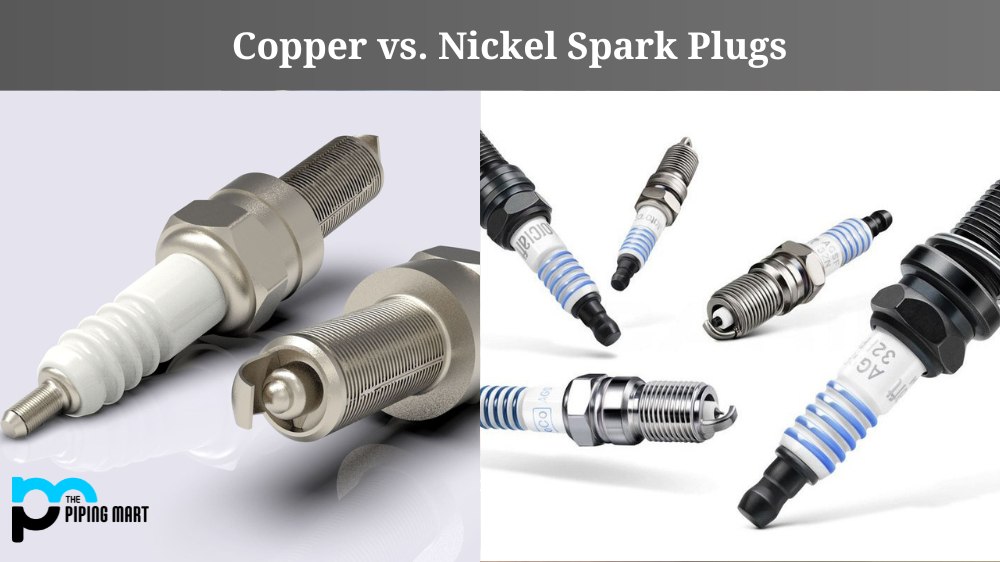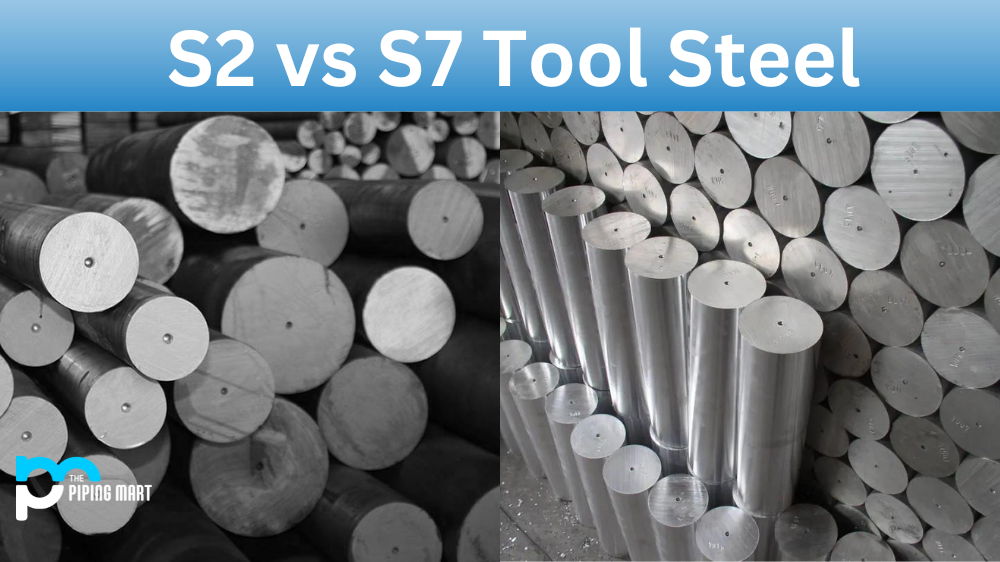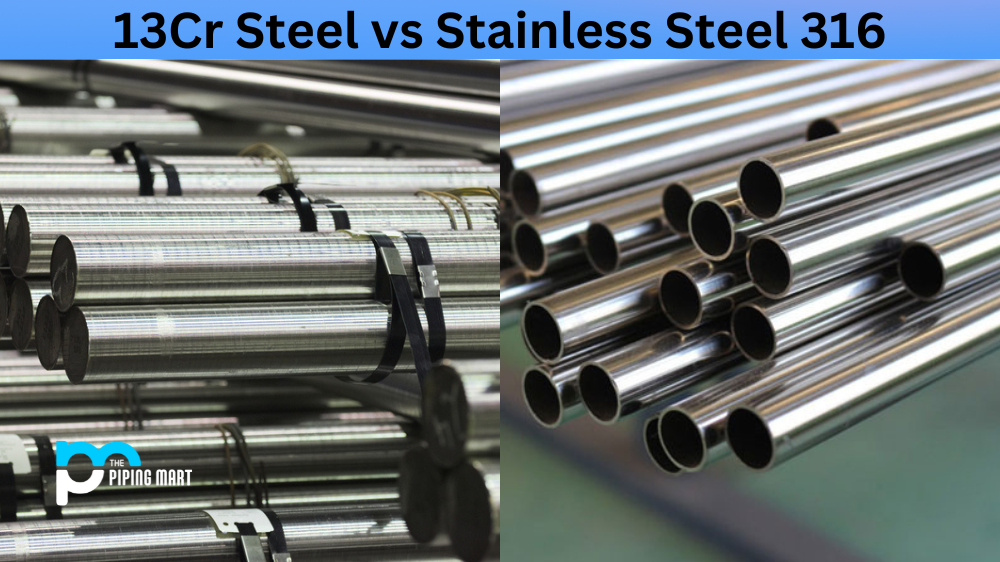Choosing the correct spark plug for your vehicle can significantly affect its performance. Copper and nickel are two of the most popular spark plugs on the market. Both have advantages and disadvantages that you should consider before making a purchase. Let’s take a look at what sets these two spark plugs apart.
Copper Spark Plugs
The primary benefit of copper spark plugs is their low cost. Copper is one of the most affordable materials available, so it is no surprise that it is used in many applications, including spark plugs. Copper spark plugs also offer excellent heat transfer capabilities, which help keep engines cool during operation. However, they do tend to wear down faster than other types of spark plugs and require more frequent replacement.
Nickel Spark Plugs
Nickel spark plugs are more expensive than copper ones, but they are also known for lasting longer and being more reliable overall. Nickel has higher heat resistance than copper, which means it can handle greater temperatures without burning out or becoming damaged from debris buildup like copper can. Nickel also offers better corrosion protection than copper; however, it does not transfer heat as well as copper so engines may run hotter with nickel than with copper plug wires.
Difference Between copper spark plugs and Nickel spark plugs
Copper spark plugs and nickel spark plugs are the two types of spark plugs used in most vehicles today, but they vary in a few key ways. Copper spark plugs are an economical choice that use less electricity than nickel spark plugs to ignite the fuel, making them more efficient. Nickel spark plugs have a longer lifespan due to their strong metal surfaces, however they tend to be more expensive than copper ones. Ultimately, it can be beneficial to use either type depending on the driver’s needs – using copper if efficiency is an issue, or nickel if longevity is important.
- Copper spark plugs are the market’s most common type of spark plug.
- Copper spark plugs are made from a copper core with a nickel alloy electrode.
- Nickel spark plugs are made from a nickel alloy core with a copper electrode.
- Copper spark plugs have better conductivity than nickel spark plugs.
- Nickel spark plugs have better heat resistance than copper spark plugs.
- Copper spark plugs are more likely to corrode than nickel spark plugs.
- Nickel spark plugs are more expensive than copper spark plugs.
- Copper spark plugs need to be replaced more often than nickel spark plugs.
- Nickel spark plugs last longer than copper spark plugs.
- Copper or nickel spark plugs can be used in any vehicle.
Conclusion:
When shopping for new spark plugs for your vehicle, consider both the pros and cons of copper versus nickel before making your final decision. While both offer their unique benefits—copper being cheaper while nickel offering better longevity—ultimately, it comes down to what works best for your specific needs and budget. Vehicle owners should always consult their mechanics if they have questions or concerns about which type of plug wire is best for them. No matter which type you choose, quality control checks should always be conducted regularly to ensure that your vehicle is running at optimal levels.
Meet Heer, a dynamic and driven writer learning tricks of her trade in the metal industry. With a background in Digital Marketing, Heer brings a unique perspective to her writing, sharing valuable insights. Apart from blogging she like reading and hiking.




